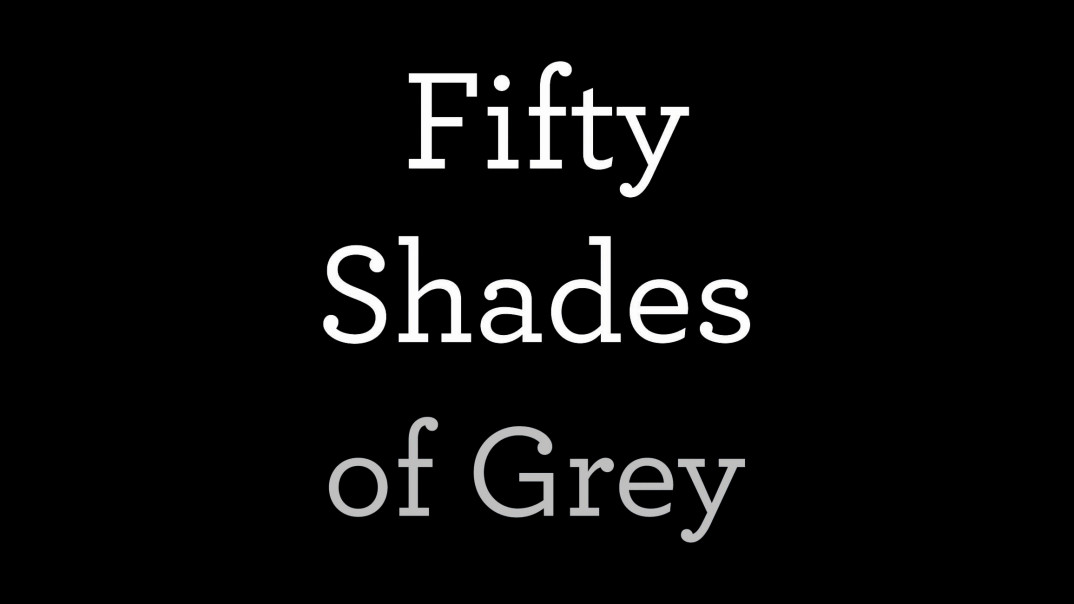50 Shades has swept audiences off their feet, selling 100 million copies worldwide, and making $237.7 million in its global opening in theaters. In many ways, this success could have been predicted by its eerie similarity to other phenomenally profitable franchises (ahem…Twilight), but in other ways, what 50 Shades presents is entirely new. The series follows the love story of an unassuming bookworm girl and an older millionaire businessman—nothing new there. But the catch? He’s into BDSM: he likes violent sex.
At a cultural moment where sex is a hot-button issue, the timing of the movie release couldn’t be more perfect (read: lucrative). But as Emma Green pointed out in her article for the Atlantic, on film, “the Fifty Shades version of hot, kinky sex will become explicit and precise, no longer dependent upon the imaginations of readers.” With the book, interested folks could discretely download the books on their e-readers and choose if they wanted to share their guilty fascinations. With the movie, it’s public.
So now that everyone knows you’re curious, let’s talk about some of the major debates surrounding the movie and the issues it brings to light.
One of the biggest arguments is the sheer volume of sex. With a full twenty-five minutes of pure sex scenes, one has to wonder what the motives are. Is it simply an empty shortcut to boost ticket sales? Or is the motive to open up the viewer to a more liberal approach to nudity and sex? One thing is clear: sex sells. But is there something inherently wrong with steamy sales tactics? Or, more specifically, is there something inherently wrong with using fetishized sex to sell?
This leads us to another point—one that was discussed in the Atlantic article: the movie’s representation of a particular community. The fact is that there really are people who are into BDSM. Some of these people have come forth, claiming that the movie misappropriates, among other things, the level of emotion and consent that’s actually involved. The movie didn’t show the couple talking, going on dates, falling in love… the focus is on the sex. And the moments not in the bedroom are uncomfortable: he sells her possessions, and pops up unannounced, and somehow maintains an constant aura of creepiness…uh, no thanks. As Green put it, “the most troubling thing about the sex… isn’t the BDSM itself: It’s the characters’ terrible communication.”
Now, it could be that the film is riding the wave of sexual liberalism, giving the public insight into a taboo community and ultimately promoting openness. And some feminists will give it this. In her HuffPost article, feminist writer Soraya Chemalay says that, “this not secret, not silent, non-judgmental openness is a feminist success”.
Many have also brought up the issue of class. Yes, this type of rare sexual preference is glamorous in a marble-floored penthouse between two good-looking people. Basically, would it have been as appealing without the helicopter?
This conversation goes on and on, back and forth and then back again. If you’re interested in reading more about the discussions surrounding the movie, as well as my personal take, head over to the PrindlePost.org. Personally, I haven’t read the book, but I saw the movie. I said it was just because everyone else was, but the truth is that I was genuinely curious…which I was 50 shades of embarrassed to admit.



